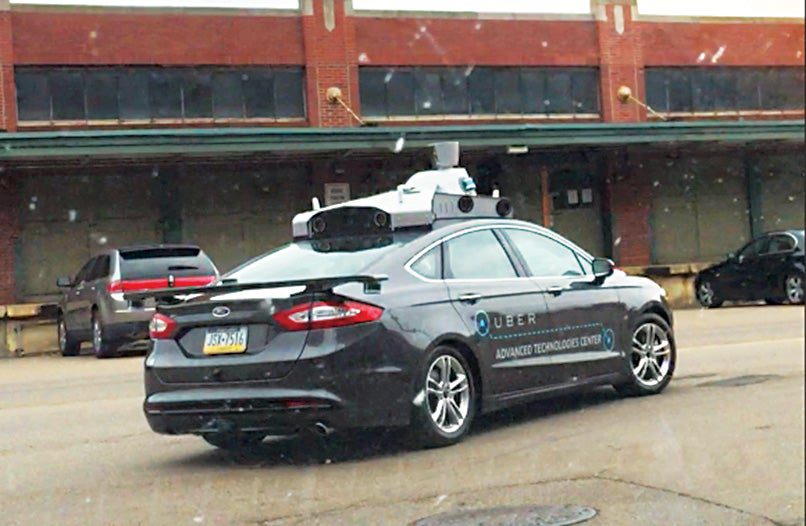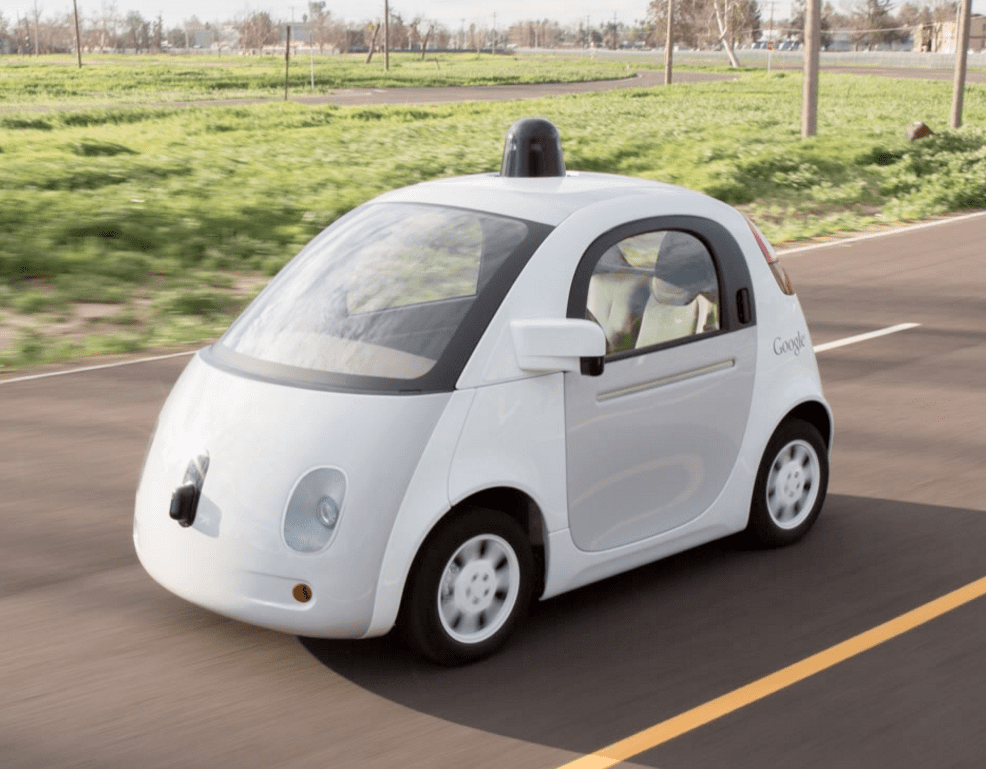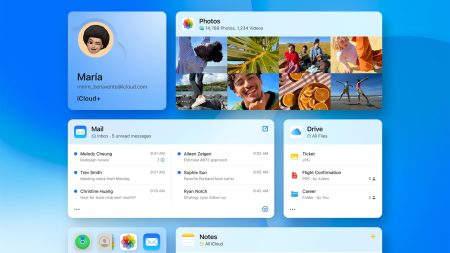Google’s self-driving car initiative is about to head in a new direction. The autonomous vehicle program that was first revealed in 2012 as a side project for the search company will become its own company under Google’s ongoing Alphabet re-organization, according to a report by Bloomberg.
Back in August, Google announced that it would reorganize as Alphabet. With no shortage of projects to work on or companies to acquire, the search engine behemoth decided to shift gears. Under Alphabet, each company could get its own CEO and report its own financial results at the end of the year. Each company also gets assigned its own letter: G for Google, for example.
Bloomberg received word of Google’s plans to spin-off its driverless car division into its own company from an unnamed source briefed on the company’s strategy.
But it makes sense when considering the potential this kind of product could have. Many legacy car makers like Honda and Toyota are working to include auto-pilot features into their cars.
And since Google already has map, road, and traffic data from creating Google Maps and buying Waze; and AI-predicition abilities present in Google Now; launching a separate autonomous driving company based on these technologies is a logical next step. That’s especially true with Google being open to working with partners, with some suggesting Google could offer the software of autonomous driving to other automakers as well.
But Google could also use self-driving cars for other purposes as well. Back in Februrary, Bloomberg reported that we could see Google offering its own ride-hailing service in competition with Uber. The report contains mentions of a Google ride-sharing app already in use amongst employees of the company.
For Uber, meanwhile, going driverless is also a logical next step for the popular service: Popular Science reported on Uber’s interest in artificial intelligence, robotics, and autonomous technologies earlier this year, in an article that included the following photo of an Uber research vehicle spotted on the streets of Pittsburgh.

Uber Car
And Uber is of course no stranger to making money. Despite the fact it remains a private company and doesn’t disclose its financials, estimates suggest Uber is one of the few startups that counts its profit in the billions. But cutting the driver out entirely (while removing jobs) would leave one less employee to pay and could lead to even more revenue. A fact that Google has, almost certainly, thought of as well. The problem for Uber would be the need to provide its own cars, which carries cost. But considering Uber’s partnership with leading robotics research institute Carnegie Mellon, the company is clearly willing to spend money to develop competency in this area.
As for Google, the company is only getting better at making cars that drive themselves. We’ve yet to receive word on when exactly the Android-maker will unleash their cars into the wild outside of current testbeds of Mountain View, California and Austin, Texas. But with the new chatter of spinning driverless cars into their own Alphabet company, the dream of a car that takes you anywhere without a driver becomes more real as the days go by.









